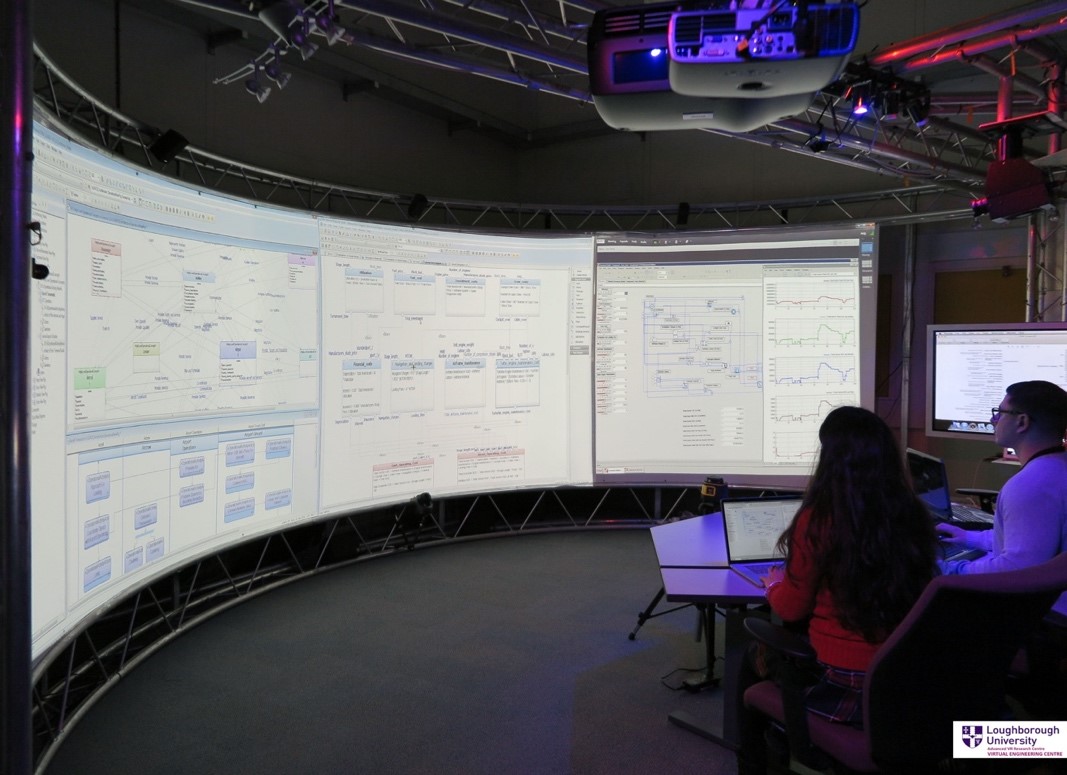
The Role of a Reference Architecture for Increasing Resilience in the UK’s Water Supply ‘System-of-Systems’
This project ran by Loughborough University’s Advance VR Research Centre (AVRRC), looked at the role of systems reference architectures in understanding aspects of resilience in the UK’s water supply systems. It was evident that the importance of appreciating the water sector as a collection of interconnected systems, with high dependability factors, would be critical in effectively assessing resilience. The project treated the water supply as a “system-of-systems” (SoS) where systems architecture’s was explored to successfully represent the connectivity and the complex relationships.
The feasibility project explores the implementation of the model-based approach of creating a SoS reference architecture as a means to gather information from stakeholders and describe the intricacies of the water sector. In doing so, providing a means to explore resilience from an architectural perspective, highlighting areas where resilience needed improving and to propose future designs for improving the resilience of water supply in times of severe weather (flood and drought). Frameworks of this kind permit modelling from a number of varying perspectives – operational views, systems views, functional and technical views etc. This process is effective in systematically modelling the SoS and achieving a better understanding of the dependencies between stakeholders and constituent systems.
Additionally, a new viewpoint was conceptualised, solely for addressing resilience and enabling for designers and engineers to holistically, and systematically implement resilience within the water context. The novel viewpoint, the architecture modelling and the identification of resilience requirements all formed part of a modelling and simulation methodology which tested architectures. A case study was developed to explore and demonstrate the application of the methodology on water supply networks in times of flooding. In this specific scenario, water pumps were made redundant as a result of flooding, and alternative resilience architectures were explored in conjunction with other resilience strategies to mitigate against failure in water supply to certain demand regions.

Consultation with subject matter experts and stakeholders from the water sector was paramount for understand operations, gathering resilience requirements and verifying system architectures. A workshop was held at Loughborough as a means to explore the need for such an approach in the water sector, where feedback was positive links for future research were established.

For more infromation please visit the following published article: https://www.mdpi.com/2073-4441/11/3/496
Demetrios Joannou – Research Associate, LU AVRRC – d.joannou@lboro.ac.uk
28/02/2019




